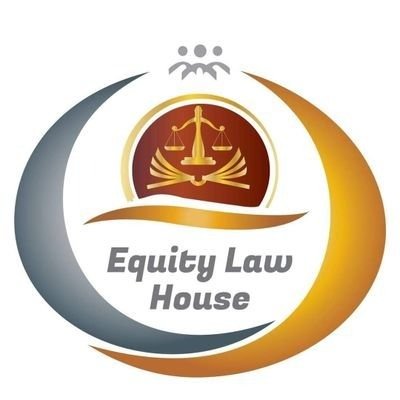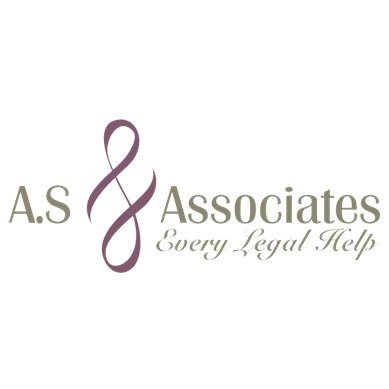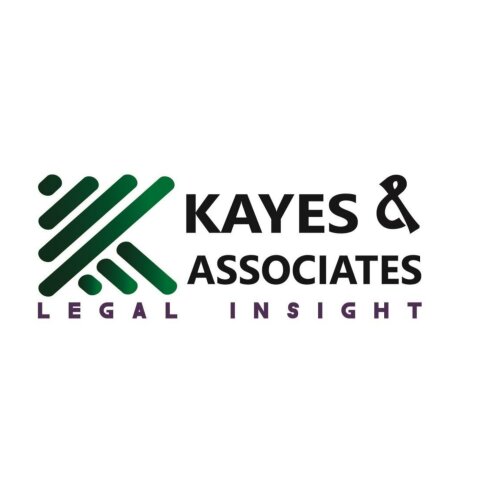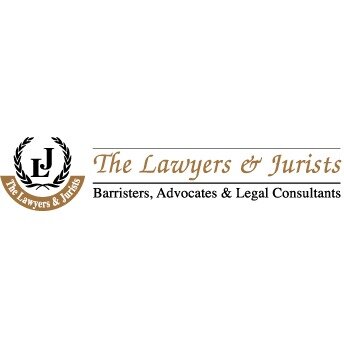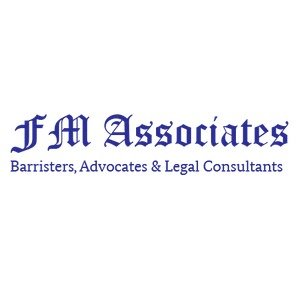Best Landlord & Tenant Lawyers in Bangladesh
Share your needs with us, get contacted by law firms.
Free. Takes 2 min.
Free Guide to Hiring a Real Estate Lawyer
Or refine your search by selecting a city:
List of the best lawyers in Bangladesh
About Landlord & Tenant Law in Bangladesh
Landlord and tenant relationships in Bangladesh are primarily governed by the Premises Rent Control Act of 1991. This legislation sets out the rights and responsibilities of both landlords and tenants, aiming to maintain balanced and fair tenancy practices. The Act covers various aspects such as rent control, security deposits, eviction procedures, and dispute resolution, ensuring protection and justice for both parties involved.
Why You May Need a Lawyer
There are several situations where individuals may require legal assistance in landlord and tenant matters:
- Disputes over Rent: Disagreements over rent increases or payments can require legal intervention to ensure compliance with local laws.
- Eviction Procedures: Tenants may need legal help to challenge unfair evictions, while landlords might seek to ensure lawful eviction processes.
- Lease Agreements: Drafting and reviewing lease agreements can prevent future conflicts and ensure clarity in terms and conditions.
- Property Damage Claims: Disputes regarding responsibility for damages may require legal advice to resolve fairly.
- Maintenance and Repairs: Legal advice is often needed when landlords fail to perform necessary maintenance or when there are disagreements about repair responsibilities.
Local Laws Overview
Key aspects of local laws affecting landlord and tenant relationships in Bangladesh include:
- Rent Control: The Premises Rent Control Act stipulates permissible rent increases and controls to protect tenants from unreasonable hikes.
- Eviction Protection: The law requires landlords to follow specific procedures to evict tenants, offering protection against arbitrary evictions.
- Lease Agreement Binding: Written agreements are crucial and legally binding, detailing rights and obligations of both parties.
- Security Deposits: The Act limits how much security deposit a landlord can demand and outlines conditions for its return.
- Dispute Resolution: The Act provides mechanisms for dispute resolution through Rent Controllers and the legal system, facilitating negotiations and settlements.
Frequently Asked Questions
What rights do tenants have in Bangladesh?
Tenants have the right to fair rent, protection from arbitrary eviction, and a habitable living environment, among other rights as per the Premises Rent Control Act.
Can a landlord increase rent anytime they want?
No, rent increases are regulated. Landlords must adhere to the guidelines set by the Rent Control Act which requires specific conditions to be met before a rent increase.
What are the legal eviction procedures in Bangladesh?
Landlords must follow a legal process, which involves serving proper notice and potentially obtaining a court order to lawfully evict a tenant.
How is a security deposit handled?
Security deposits are regulated, with landlords required to refund the deposit after deducting permissible expenses when a tenant leaves, provided the property is in good condition.
How long can a landlord take to make repairs?
The law does not specify exact timelines, but landlords are expected to make necessary repairs promptly. Delays can be contested legally if they affect habitability.
Is a verbal rental agreement legal?
While not illegal, verbal agreements are challenging to enforce. Written agreements are strongly recommended to clarify the rights and responsibilities of both parties.
What happens if a landlord withholds my security deposit unfairly?
You can seek legal recourse by filing a complaint with the Rent Controller or pursuing litigation to recover the deposit.
Are there any tenant responsibilities?
Yes, tenants are responsible for paying rent on time, maintaining the property, and abiding by the terms in the lease agreement.
Can a tenant sublet their rented property?
Subletting is generally not allowed without explicit permission from the landlord, as outlined in the lease agreement.
Where can I file a landlord-tenant dispute?
Disputes can be filed with the Rent Controller or the appropriate courts for resolution, wherein both parties can present their case.
Additional Resources
Consider reaching out to these organizations and governmental bodies for help with landlord and tenant issues:
- Bangladesh Bar Council: Can provide information about legal representation and resources.
- Ministry of Housing and Public Works: Offers guidance on housing laws and regulations.
- Local Rent Control Office: Assists with rent-related disputes and provides mediation services.
- Legal Aid Organizations: Provide free or low-cost legal advice to those unable to afford private services.
Next Steps
If you need legal assistance in landlord and tenant matters, follow these steps:
- Document Everything: Keep a detailed record of relevant communications, payments, and any disputes.
- Consult a Lawyer: Seek professional legal advice to understand your rights and options, potentially through a local law firm or legal aid service.
- File a Complaint: If necessary, file a complaint with the Rent Controller or seek mediation to resolve disputes.
- Pursue Legal Action: Should resolution efforts fail, consider taking legal action in the courts with the help of your lawyer.
Lawzana helps you find the best lawyers and law firms in Bangladesh through a curated and pre-screened list of qualified legal professionals. Our platform offers rankings and detailed profiles of attorneys and law firms, allowing you to compare based on practice areas, including Landlord & Tenant, experience, and client feedback.
Each profile includes a description of the firm's areas of practice, client reviews, team members and partners, year of establishment, spoken languages, office locations, contact information, social media presence, and any published articles or resources. Most firms on our platform speak English and are experienced in both local and international legal matters.
Get a quote from top-rated law firms in Bangladesh — quickly, securely, and without unnecessary hassle.
Disclaimer:
The information provided on this page is for general informational purposes only and does not constitute legal advice. While we strive to ensure the accuracy and relevance of the content, legal information may change over time, and interpretations of the law can vary. You should always consult with a qualified legal professional for advice specific to your situation.
We disclaim all liability for actions taken or not taken based on the content of this page. If you believe any information is incorrect or outdated, please contact us, and we will review and update it where appropriate.
Browse landlord & tenant law firms by city in Bangladesh
Refine your search by selecting a city.




